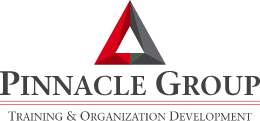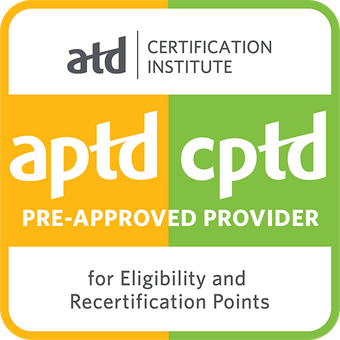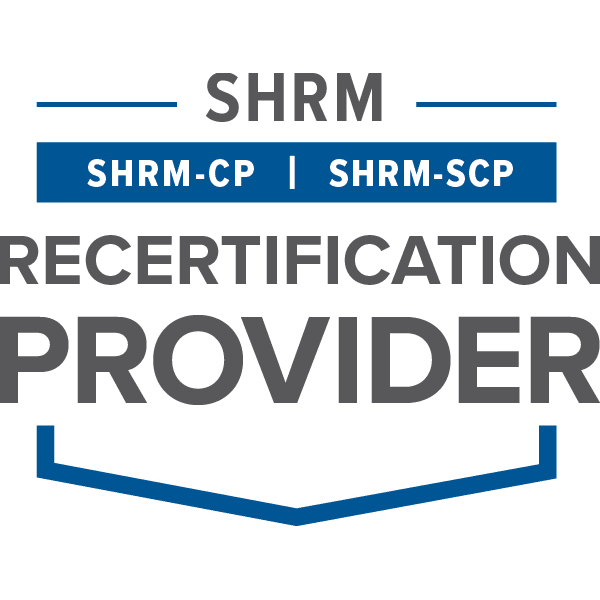Our millennial and baby boomer are back at it again this Tuesday, discussing how to lead the millennial. Today’s conversation focuses on what we can do today to prepare the millennial, and what leaders can focus on to prepare for the change in workplace demographics. We also asked the question: As a millennial, what do hope to gain working alongside a baby boomer? For the baby boomer: What legacy do you want to pass along to the millennials? Let’s hear what they had to say.
Millennial Insight: When the word millennial is brought up in conversation I immediately see the eye rolls and the skepticism attached. Previous generations are automatically labeling and negatively grouping the millennials before many of them even interact with one. While the millennials are entering the workplace with such force, there is a lot of good that follows. Preparing for the millennial feels overwhelming but my advice is go into it with an open mind. Each millennial is unique and brings their own characteristics and skill set. By looking at the millennials as individuals versus grouping them as a whole, you will have a clearer more defined view of who they are and what they can provide your organization.
As a millennial I have had a rare opportunity during my first few years of employment to work side by side and learn from a baby boomer. The opportunity allowed me to learn from them and become a better employee because of it. Although not everyone has this opportunity, creating a work environment where various generations are able to interact creates a culture of consistent learning and growth. I have grown so much through my interaction with a baby boomer and I know they feel the same.
Baby Boomer Insight: In order to prepare for a changing workplace, a leader can focus on what’s working. Even as new styles and approaches are added to the team dynamic, the leader can do this by highlighting specific examples of where a team has worked well together or achieved a collective goal. Making these accomplishments visible can keep a diverse team focused on the positive.
In preparing to lead the millennial leaders can provide practical and tangible tools to support the navigation of the complexities of the workplace. Examples of tangible tools might include: sentence starters for challenging and recurring situations, a list of acronyms or industry specific terms used by individuals with whom they interact or a description of communication styles for key stakeholders. Many times we focus on the larger picture when helping a millennial gear up for their role, such as a job description. While this is useful, equipping them with what they can use every day to get results is what will generate engagement and a sense of accomplishment.
As a Baby Boomer, I hope to pass on to younger generations in the workplace the legacy of caring. Caring about the work, about the outcomes and about the people who make it all happen. There are several things one can do throughout their career to keep care alive: Make connections with the people around you, make connections with your deeper motivation for getting positive results through your efforts and make connections with the greater purpose of the work you are doing. When you find yourself in a situation where you don’t care, ask yourself some pointed questions: What has caused me to become disengaged? What do I need in order to reengage? Who can help me get there? Caring on multiple layers not only supports the success of your team and the organization, it also makes the work you do a lot more rewarding for years to come.




